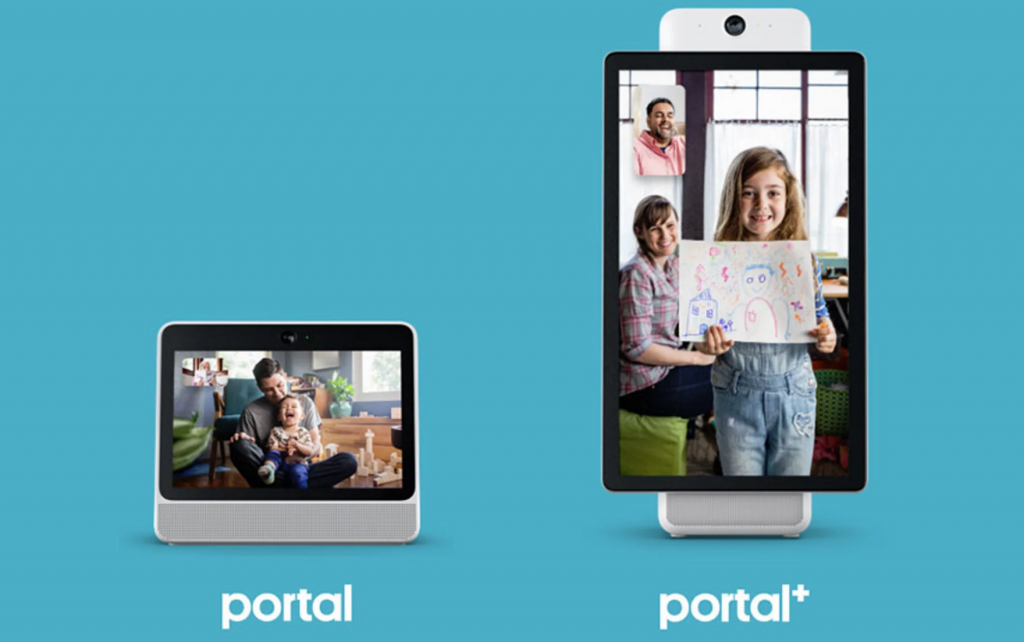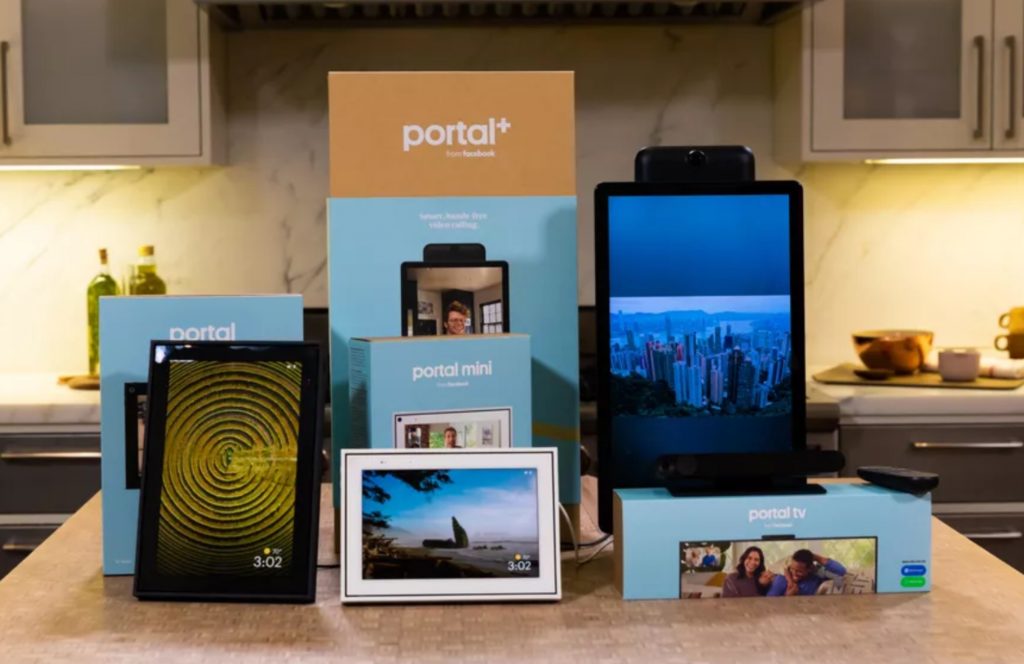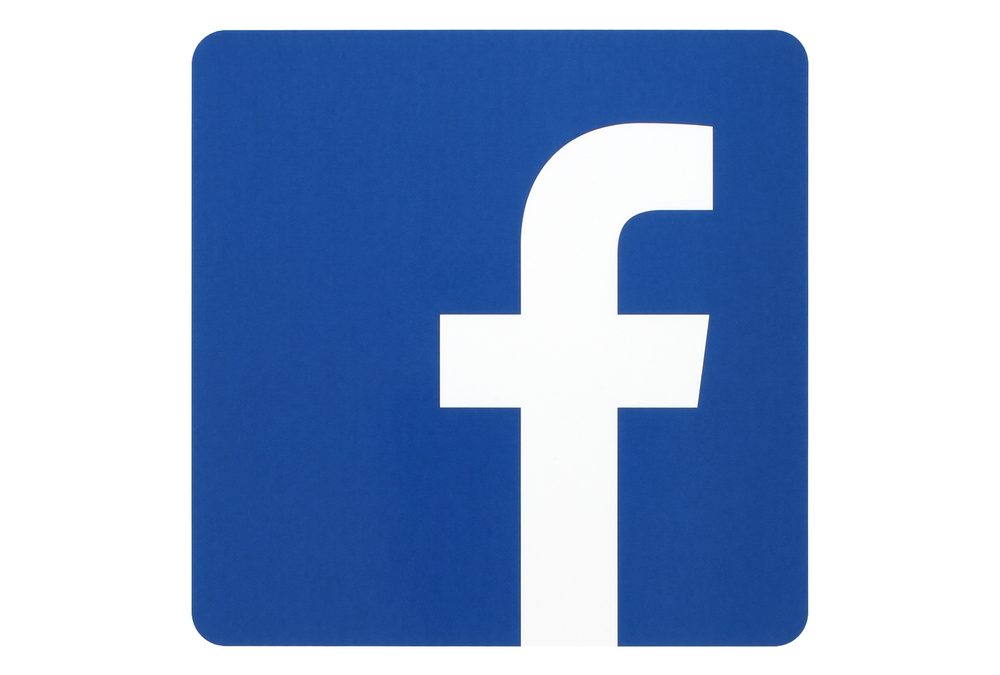The smart home voice assistant revolution all started with products like the Google Home and Amazon Echo. Not long after, we saw companies like Google introduce the Google Home Hub, a smart assistant with a built-in screen that can do much more than the smaller minis. Amazon soon followed suit with a similar device, the Amazon Show.
But now Facebook are wading in on the action, after preparing to launch a range of devices known as the ‘Portal’. This new offering includes 3 different products: a 10-inch device similar to the Home Hub and show, a miniature version, and another device that turns your home TV set into a a smart, video-capable communications device.
However, owing to the explosion of controversial issues that have arisen around Facebook’s privacy and security over the past year or so, some have questioned the social media giant’s true intentions.

What is the Facebook ‘Portal’?
The new products are going to have a staggered launch, with the Portal and Portal Mini due to arrive on October 15th. The other device, which turns your television into a smart screen, will arrive on November 5th. Here’s what we know about their capabilities so far:
- The Portal Mini will have an 8-inch HD display, while the larger device has a 10-inch screen;
- The Portal TV device will facilitate video calling, with your TV acting as the screen;
- You’ll be able to listen to music, stream pictures from your digital collection, use augmented reality (AR) filters, and more;
- You’ll be able to check who is at your front door if you have a compatible smart home video camera.
When you hook up the TV device to your television set, and position the integrated smart camera, you’ll be able to make and receive video calls from the comfort of your living room. The AI (artificial intelligence) built into the camera will enhance your voice and drown out background noise, whilst tracking your movements around the room.

Why are people concerned?
In Facebook’s defence, we may not see any privacy or security issues arise from the launch of this product. But even companies like Google and Amazon have faced recent criticism over their use of users’ audio recordings. With brand new technologies like this, it’s yet to be seen what kind of new and unanticipated issues could arise. However, the spotlight will certainly be on Facebook for a while given some of the events that have been reported on, such as:
- The recent revelation that Facebook wants access to your Bluetooth for location tracking in iOS 13;
- The discovery of plain text user data being stored within an unsecured, online server accessible by anyone;
- The Cambridge Analytica scandal of last year, which revealed how Facebook was having user data harvested by third-party apps.
And of course, the smart home world in general has only been around for the blink of an eye. The products available are growing at a shocking pace and include the ability to unlock your front door without the need for a physical key. We already see stories in the media about how easily such systems can be bypassed on cars, so you’ll have to ask yourself whether it’s worth going fully automated at home until we’ve had time to see what issues might arise in future.



Recent Comments